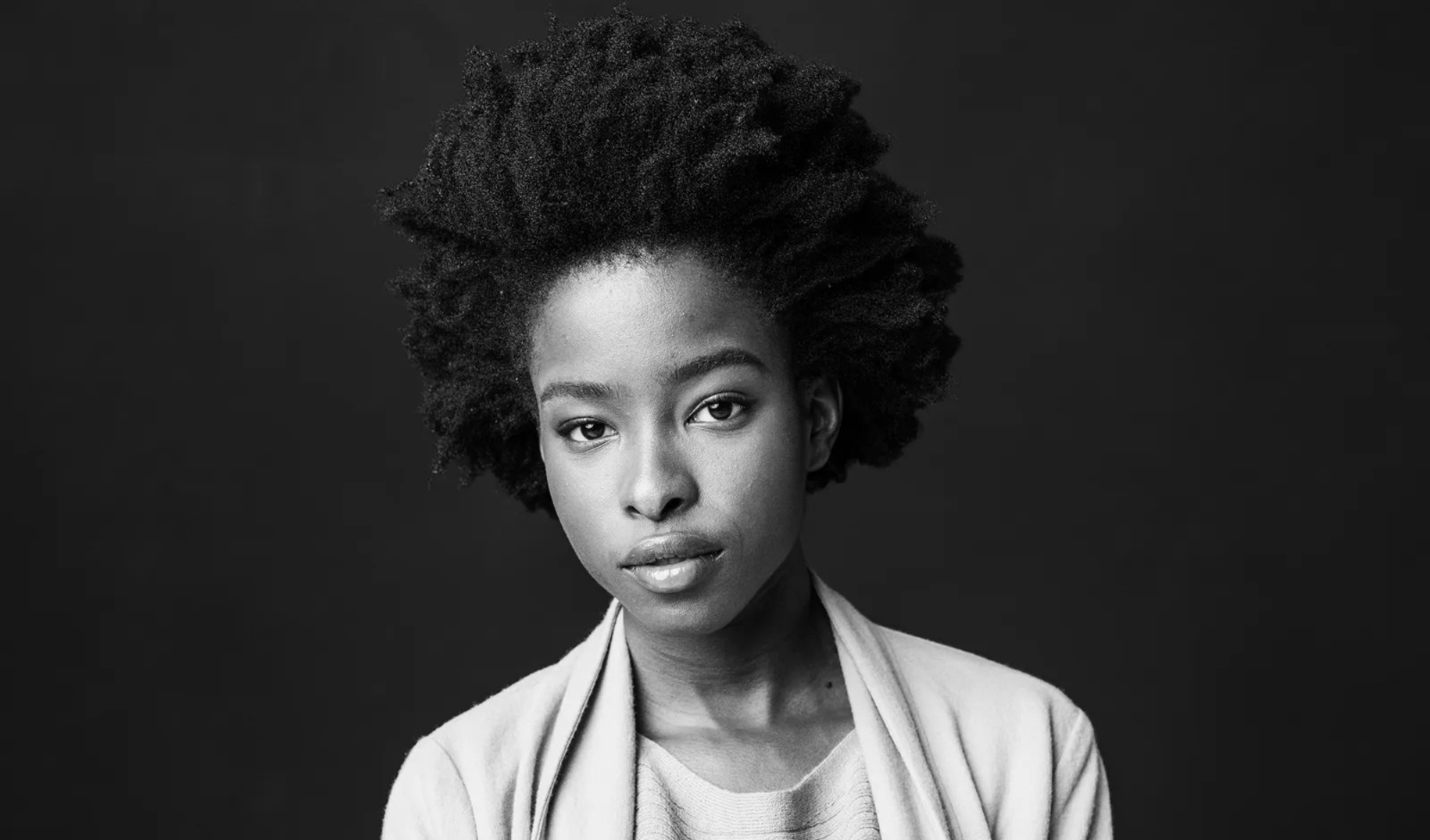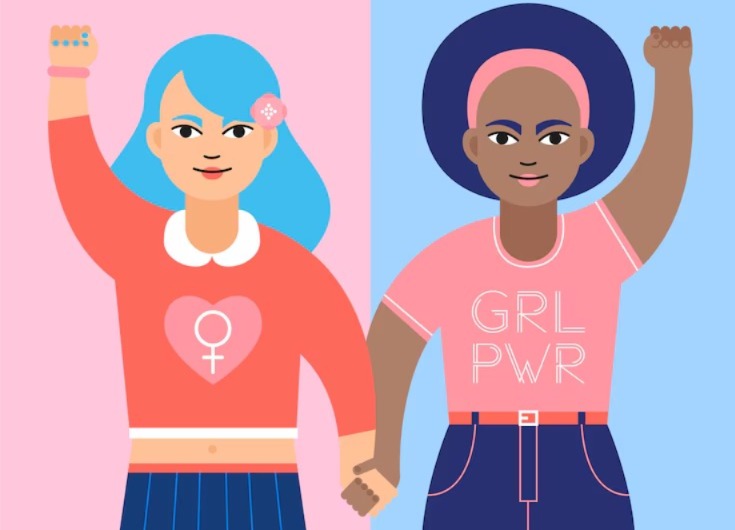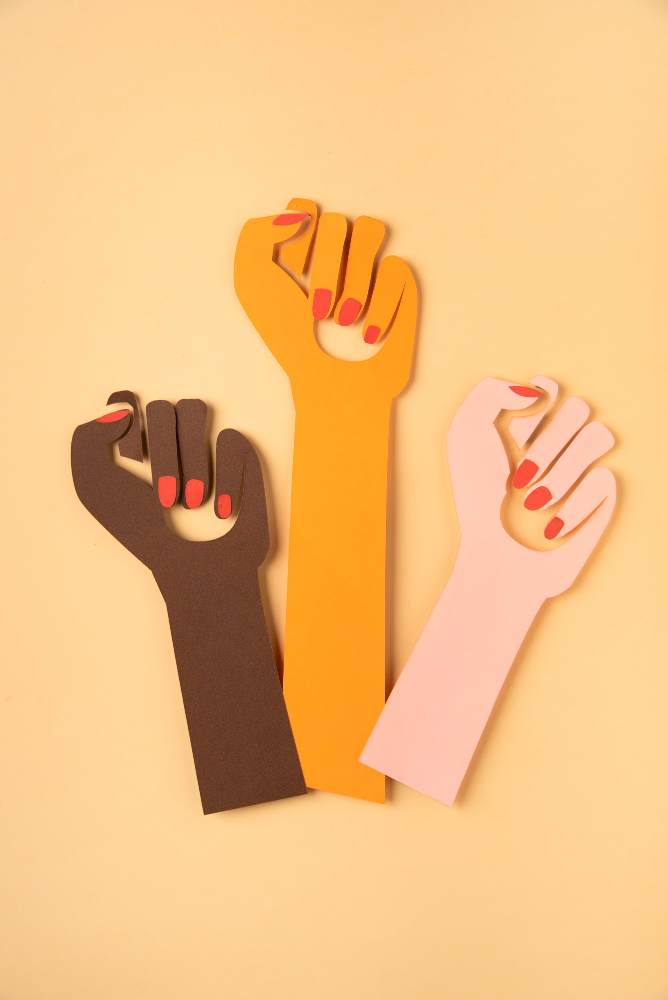
She stood at the steps of the U.S. Capitol in a blazing yellow coat and braided crown, barely 22 years old, her voice steady, her hand raised, her words cutting through history. That moment—when Amanda Gorman delivered “The Hill We Climb”—didn’t just mark a new political era. It ushered in a new kind of leadership—one where young Black women use poetry as protest, grace as resistance, and art as activism.
Gorman didn’t come from power or privilege. Raised by a single mother in Los Angeles, she had a speech impediment and a deep love of books. But instead of shrinking from her voice, she trained it like a weapon. She read Maya Angelou, studied history, and wrote constantly—not for applause, but for change.
She was just 16 when she became the first National Youth Poet Laureate. By 23, she had spoken at a presidential inauguration, co-chaired the Met Gala, landed on Time magazine’s cover, and published bestsellers.
But Amanda’s not about celebrity. She’s about substance.
Her poetry doesn't whisper—it shakes systems, shining light on injustice, race, climate change, inequality, and the complexities of girlhood in a broken world. Her verses don’t ask for permission—they demand reflection. And through her vulnerability and precision, Amanda makes you feel everything: grief, rage, hope, rebirth.
Gorman’s presence is proof that softness and strength aren’t opposites—they’re twins. That being intellectual, emotional, and young doesn’t disqualify a woman from leadership—it defines it.
And she’s just getting started.
Amanda is now building her own publishing company, mentoring young writers, and working on policy-driven poetry projects. She believes that language shapes legacy—and that young women, especially women of color, deserve to shape both.
She isn’t loud, but she’s unignorable.
She isn’t traditional, but she’s timeless.
She isn’t trying to be a role model—but she’s becoming one for a generation.
THR Newsletters
Sign up for THR news straight to your inbox every day




